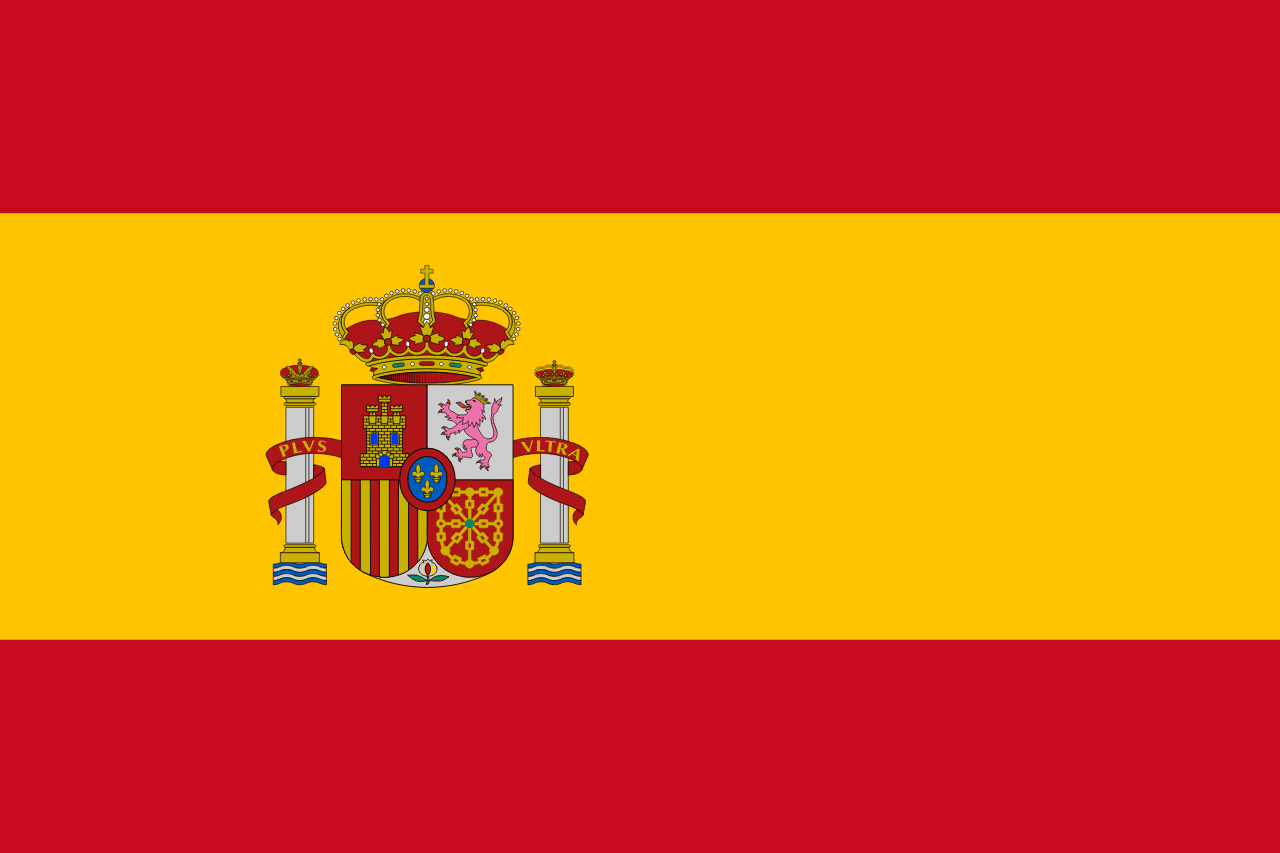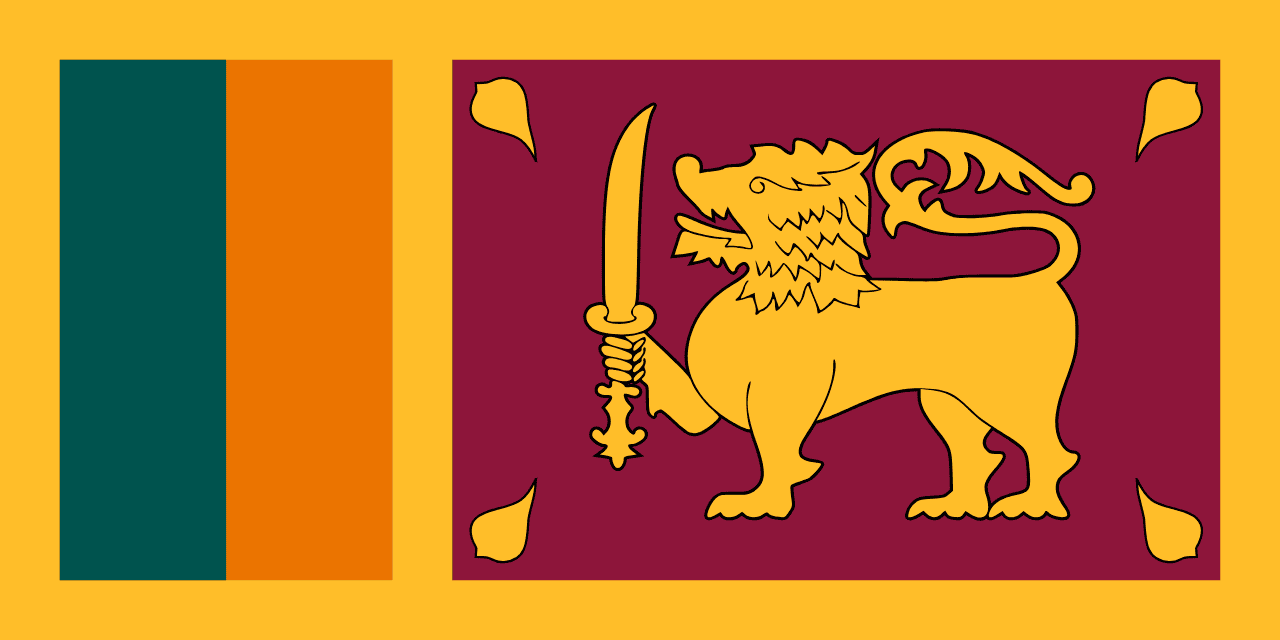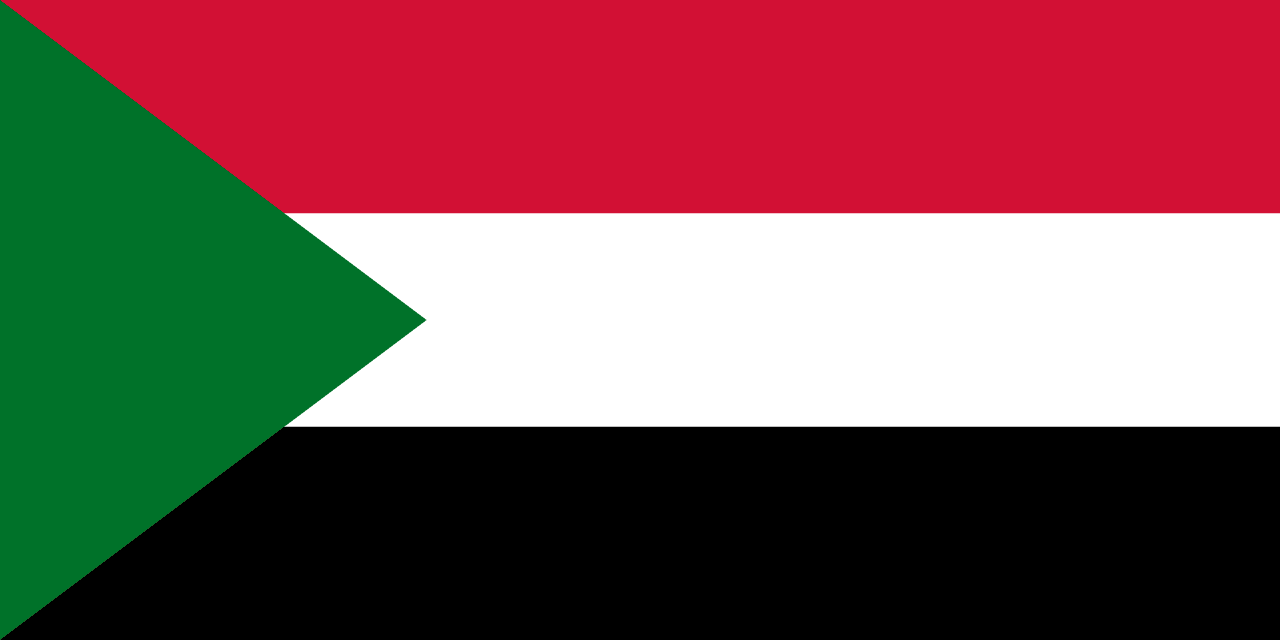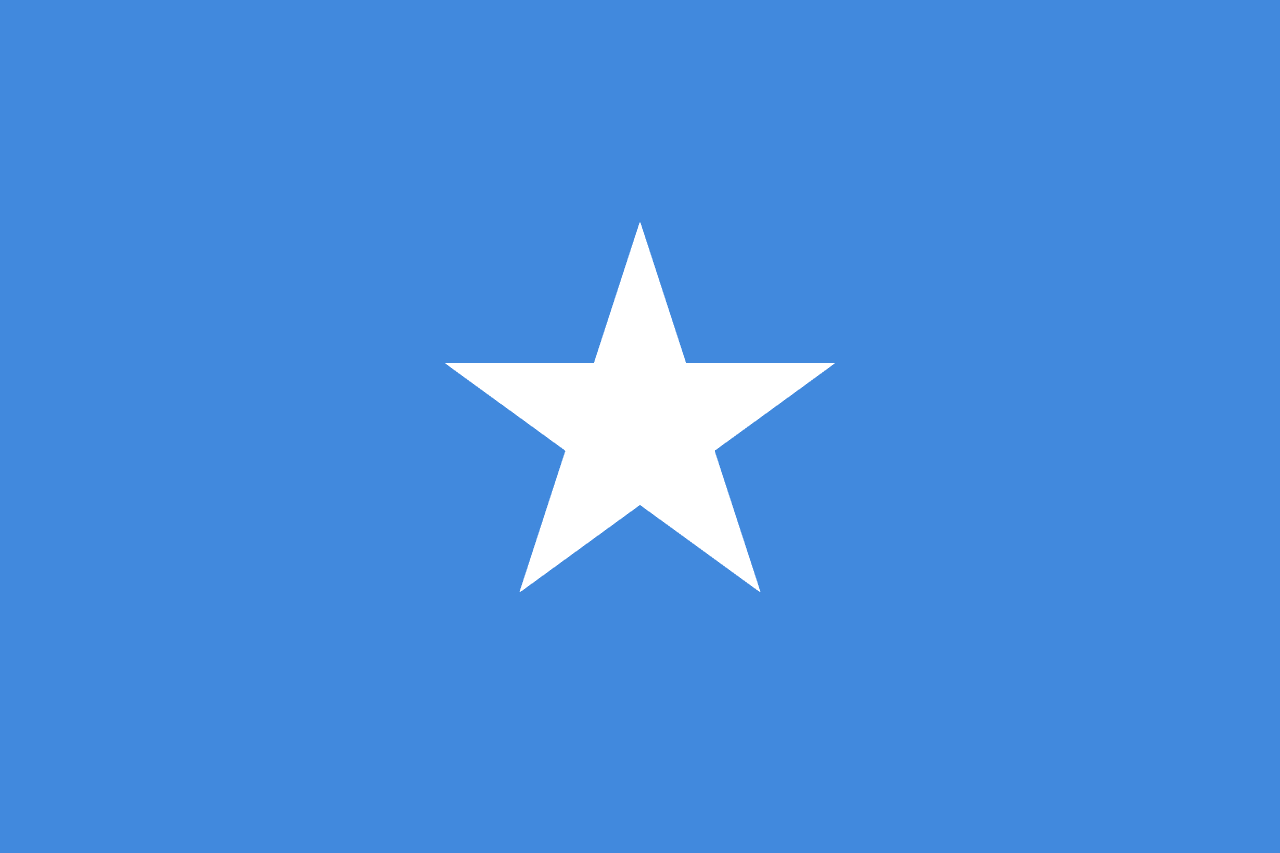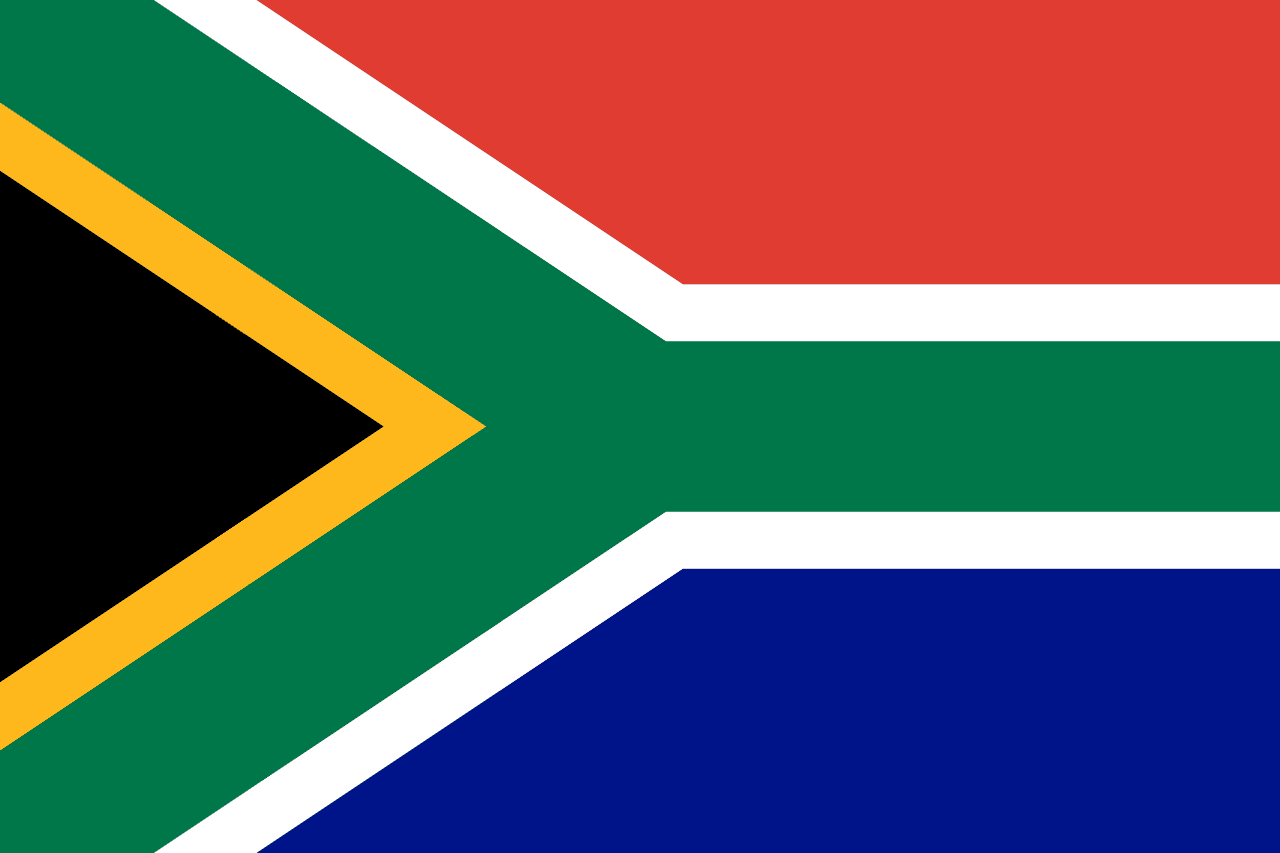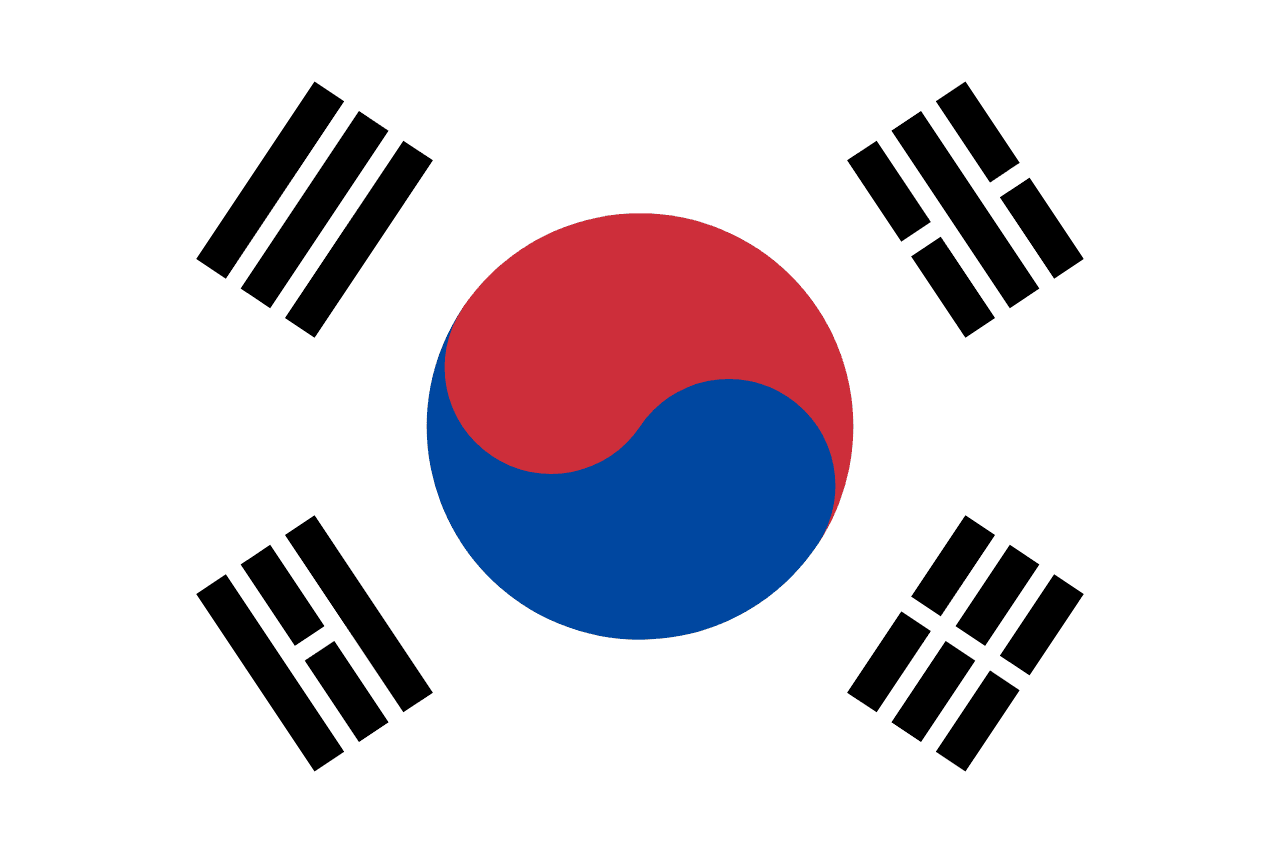The flag of South Sudan consists of three horizontal stripes of black, red, and green, separated by white stripes, with a blue triangle containing a gold star on the hoist side. This vibrant design encapsulates the young nation's history, struggles, and aspirations for the future.
South Sudan information
| National Flag Day | July 9 |
| Sovereign state | Yes |
| Official name | Republic of South Sudan |
| Capital | Juba |
| Population | 13,424,123 |
| Area | 644,329 km² |
| Currency | South Sudanese pound (SSP) |
| Language | English |
| Continent | Africa |
| Region | East Africa |
| Subregion | — |
| Borders | Sudan, Ethiopia, Kenya, Uganda, Democratic Republic of the Congo, Central African Republic |
| Timezone | Central Africa Time (CAT) UTC+3 |
| Calling code | +211 |
| Top-level domain | .ss |
History of the South Sudanese flag
 The flag was officially adopted on July 9, 2011, coinciding with South Sudan's independence from Sudan. It was designed to represent the country's diverse population and its long journey to statehood. The flag's design draws inspiration from the flag of the Sudan People's Liberation Movement (SPLM), which led the struggle for independence.
The flag was officially adopted on July 9, 2011, coinciding with South Sudan's independence from Sudan. It was designed to represent the country's diverse population and its long journey to statehood. The flag's design draws inspiration from the flag of the Sudan People's Liberation Movement (SPLM), which led the struggle for independence.
Symbolism and design of the South Sudanese flag
Each element of the South Sudanese flag carries deep symbolic meaning:
- The black stripe represents the people of South Sudan and their African heritage.
- The red stripe symbolizes the blood shed in the struggle for independence.
- The green stripe represents the country's agricultural wealth and natural resources.
- The white stripes symbolize peace, unity, and the hope for a prosperous future.
- The blue triangle represents the Nile River, a vital resource for South Sudan.
- The gold star within the blue triangle symbolizes the unity of South Sudan's diverse ethnic groups and the country's bright future.
Usage and significance of the South Sudanese flag
 The flag of South Sudan is a powerful symbol of national identity and independence. It is prominently displayed on government buildings, schools, and during national celebrations such as Independence Day on July 9. The flag represents South Sudan in international forums and sporting events, symbolizing the country's sovereignty and its aspirations for peace, unity, and progress.
The flag of South Sudan is a powerful symbol of national identity and independence. It is prominently displayed on government buildings, schools, and during national celebrations such as Independence Day on July 9. The flag represents South Sudan in international forums and sporting events, symbolizing the country's sovereignty and its aspirations for peace, unity, and progress.
Interesting facts about the South Sudanese flag
- South Sudan became the world's newest country when it gained independence in 2011, making its flag one of the most recently adopted national flags.
- The flag's design was chosen through a process that involved public input and consideration of multiple proposals.
- The colors of the South Sudanese flag are often referred to as the Pan-African colors, connecting South Sudan to the broader African community.
- Despite its young age, the flag has already become a powerful symbol of unity for South Sudan's diverse population, which includes over 60 ethnic groups.
